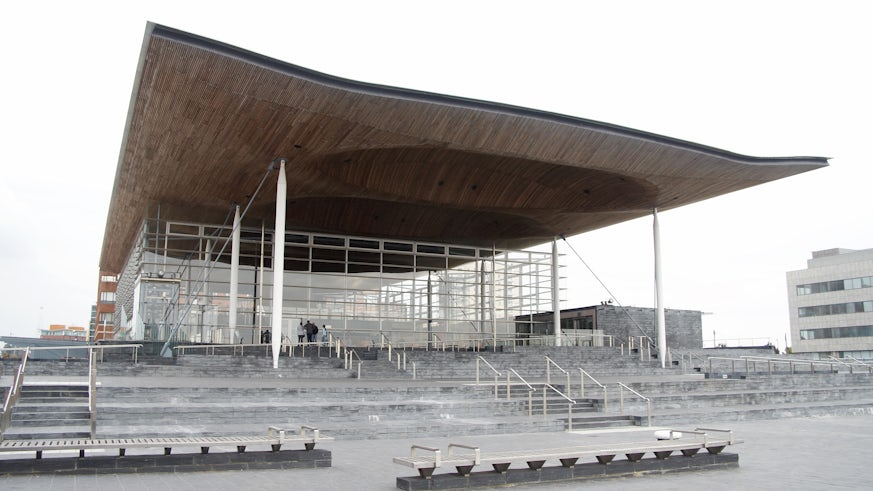Tough outlook for Welsh budget a ‘wake-up call’ for Welsh parties
22 April 2021

Post-pandemic pressures and current UK government spending plans suggest tough choices and trade-offs for the next Welsh Government, according to a report by Cardiff University’s Wales Governance Centre.
Finding a “relatively austere” spending scenario for the next Welsh Government, the report will provide sobering reading for the political parties ahead of the May 6 election.
The report finds that non-Covid spending will recover to pre-austerity levels in 2021-22, but on a per person basis it will still be 4% lower than in 2010-11. Spending outside of the NHS is set to be 12% below pre-austerity levels this year.
The report also details how the Welsh Government’s fiscal response to Covid-19 last year differed significantly from that of the UK government in England. Lower costs for PPE and the test and trace system in Wales allowed greater support for businesses and local government budgets in Wales, as well as funding being carried forward to 2021-22.
Despite this, academics conclude huge challenges await the next Welsh Government as Covid-19 funding comes to an end.. They say the UK Government’s current spending plans, the main factor in determining the size of the Welsh budget, do not appear sufficient to meet projected needs in the NHS and local government by 2022-23.
Guto Ifan commented: “Our analysis reveals a challenging outlook for the party or parties which will form the next Welsh Government and should serve as a wake-up call on the challenge of meeting the needs of Welsh public services over the next Senedd term.
“While three UK Chancellors in a row have announced an end to austerity, the next few years could feel a lot like austerity for many Welsh public services based on current UK government plans.
“The next Welsh Government will have approximately £1 billion of funding to allocate to its Covid-19 response in 2021-22, as a result of additional Covid-19 funding and funding carried forward from last year. But there is currently no planned Covid-19 funding after this year.
“As we face a relatively austere outlook for the next Senedd, we need to see a serious conversation about Welsh devolved taxes. Welsh income tax rates could play an important part in meeting spending pressures, funding enhanced public services and relieving the need for further regressive increases in Council Tax levels over coming years.”
The Centre’s Wales Fiscal Analysis team has sought to inform the upcoming Senedd election by producing a series of briefing papers outlining the financial challenge facing the incoming Welsh Government after May 6.
The implications of party manifesto commitments will be considered by the team at a free public webinar on Tuesday 27 April, find out more and book a place.
